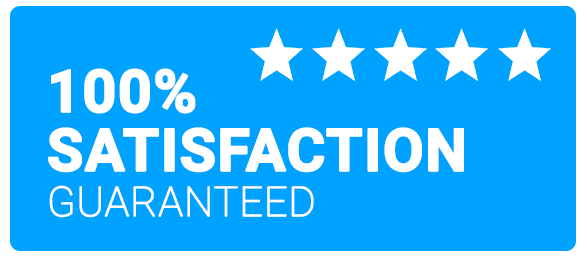Effective Mentoring Strategies for Navigating Gen Z Engagement and Boosting ROI
- Christine Alexy

- Sep 20, 2023
- 3 min read
Updated: Oct 4, 2023
In the world of organizational dynamics, is mentorship becoming the silent game-changer we didn't know we needed?
Unearthing the Emergent Youth's Desire for Guidance
The Springtide Research Institute sheds some light on the paramount importance of mentorship today. They found that 82% of young people ages 13-25 yearn for supervisors who care about them beyond just the work parameter. Furthermore, an astounding 73% confirm that feeling valued by their superiors propels them to deliver superior job performance. These numbers speak volumes about the future of mentorship and effective mentoring strategies. However, they're not simply intriguing observations; they bear weighty business implications.
Monetizing Mentorship: A Business Perspective
According to a study sponsored by Nationwide and presented by the nonprofit organization Catalyst, mentoring programs can significantly bolster employee engagement and retention. And yet, many companies are faltering in harnessing their full potential. Take the case of Sodexo Inc., a company that meticulously tracks its mentoring program outcomes. In 2007, their calculated ROI stood at a commendable 2 to 1, mainly credited to amplified productivity and employee retention.
From Management to Meaningful Mentorship
John Thalheimer points to an illuminating issue taking center stage in the organizational landscape. Given his expert insights, he acknowledges the failure of some managers to discern the value of mentorship. Springboarding from this, I'd like to underscore a more profound disconnect.
Leadership prerequisites and mentorship candidacy must evolve as we position ourselves within the global economy. Emotional intelligence and self-awareness rhetoric have come to a head where personal growth is the yolk of professional growth. Organizations will call on leaders who possess an enlarged perspective where they will gauge success by the upliftment and performance of their teams rather than solely on individual merit and achievement.
Reimagining Leadership with the Gen Z Workforce
Today, effective leadership gravitates toward a selfless ethos, prioritizing the organization's and its members' collective needs. When we find ourselves coaxing managers into this mindset, it's a glaring indicator of their unpreparedness for mentorship and leadership responsibilities. Such managers are likely to view themselves above mentorship, presuming they've reached the pinnacle of their learning. However, leadership is an ever-evolving discipline.
Effective Mentoring Strategies Today: 'Bridge Mentoring'
Reflect on this: Have we underestimated the power of mentorship in shaping the future of business?
Christopher "CJ" Gross hasn't. His article, recently featured in HBR, "A Better Approach to Mentorship," is shifting archaic mentoring paradigms to a globally relevant one termed 'bridge mentoring.' Gross advanced this concept into a change management strategy centered on cultural integration. As businesses strive to carve a niche in today's global marketplace, the business objective is clear: attract, engage, retain, and mentor BIPOC talent, positioning them for leadership roles that will naturally usher in a more significant market share.
Tackling Gen Z's Cultural Quotient
Leaders face a steep learning curve as the workforce and mentorship landscape evolves. Engaging and retaining this emergent talent pool requires adeptness in navigating unfamiliar waters. The onus is on leaders to stay attuned to their own culture and its influences on others and actively strive to understand the culture and challenges that others face.
Cultural competency doesn't happen in a vacuum. Reading is highly beneficial, but real learning occurs through experience. The most efficient workplace tool is reverse mentoring.
Unfortunately, managers obstinately averse to mentorship and continual learning will find themselves on the other end of becoming organizational pillars, potentially becoming liabilities.
The Future of Organizational Leadership
Harnessing its transformative potential isn't just about individual growth; it's a strategic imperative for enduring organizational effectiveness. As the workforce and mentorship landscape evolves, will organizations elevate their game or remain stagnant in obsolescence? The ball is in the court of every organizational leader.
What's your take on mentorship? Comment below.
Login/sign up to stay ahead of the latest industry trends!










Comments